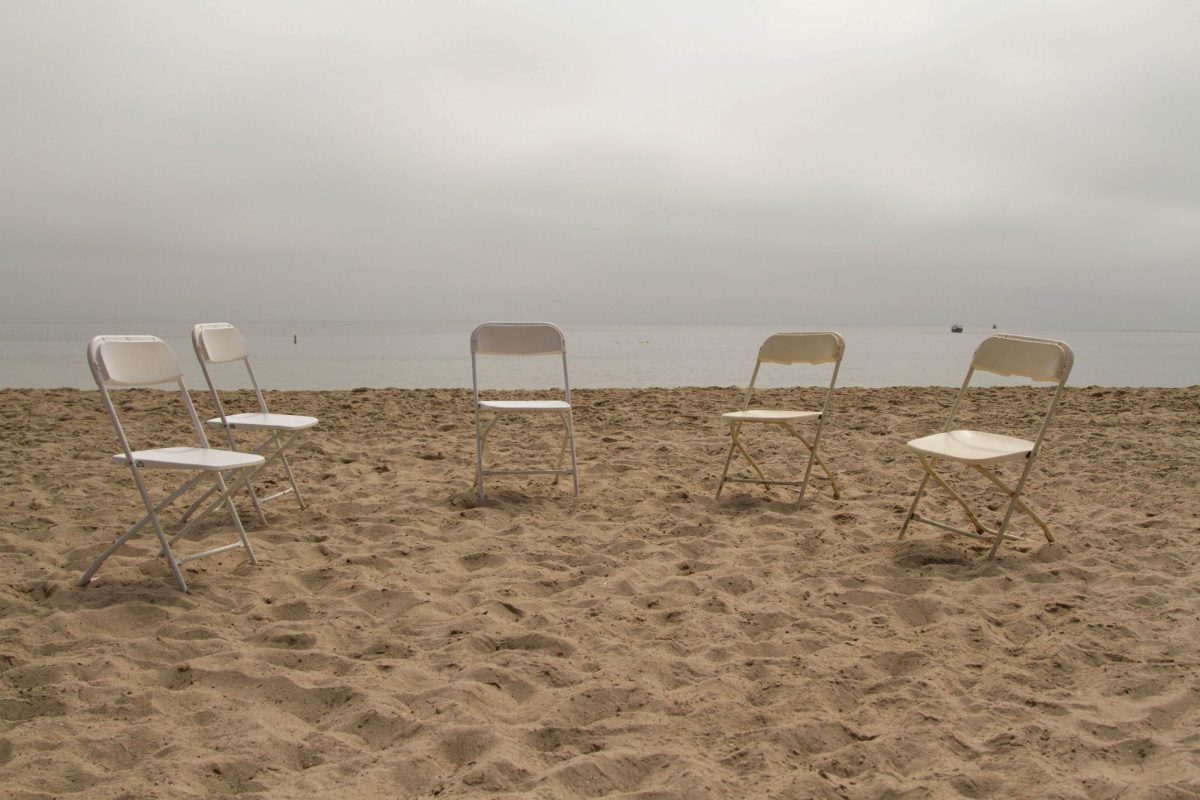He was raised as a sharecropper and lived as a felon; but James Short will retire as a student.
Short grew up black in the Deep South, and tells a story of boyhood dreams of education moving into in a thick, southern dialect.
“What’s between the pages of all them books like Baby Boy and Leroy have, g’ma?” Short pleads to his grandmother once again for her permission to go to the schoolhouse with the other kids. “No boy! There ain’t no white man who gonna give your black ass a job anyway!” she answers. Short, forced to accept life in a sharecropping family, goes back to ploughing the fields under the hot, South Carolina sun.
For most of his life, Short would not beat the odds. He spent 29 years in prison altogether, which spanned his entire lifetime. “In prison, I saw an ugly side of mankind,” Short confesses with serious eyes and a nod of the head, reverting to his polished and articulate speech.
His stories illustrate a web of brotherhood and anarchy, isolation and triumph.
Short was 13 when he fought for his life for the first time. Walking alone he heard, “Who don’t believe we’ll kill a nigger?” Dropping to the ground he lay, bleeding from his knee, as members of the Ku Klux Klan sped away leaving him to die.
By 21, he says he found himself sitting on death row in Philadelphia. Although not sentenced to die, a fatal act of self-defense landed him in the maximum-security cell indefinitely. There, inmates attempted to rape and kill him. Short said he feared for his life and dignity while white guards watched the spectacle in complete disregard.
In the same prison where he fought to survive, a man named Chicago gave Short a tool to help him thrive. While awaiting execution, Chicago read the newspaper everyday. A favorite column featured a single girl describing her ideal man.
Chicago told the young, handsome Short that if he could read he might know what girls were saying about a man like him. Chicago filled out the request for pencils and a pad of paper, along with a book to teach him how to form individual letters. And so the journey to escape his illiteracy began.
After a life of criminal activity–though he says, without a criminal mind– Short decided to approach his last incarceration differently. “I had made history for being one of the top counterfeiters in the world,” he said. “I want to make history again–this time for education.” He committed to challenge his mind and body. He disregarded socializing in prison and focused exclusively on learning. His new ways even impressed the prison wardens.
“Education isolates you from the world…education [also] frees you from the prison of ourselves,” he said. With no one to call or turn to, he balanced the isolation and “married Mrs. Track.” He ran 932 consecutive days for a total of 7,833 miles, as indicated on the prison certificate issued right before his release last June.
Today, with no elementary or high school education, at 65-years-old Short is completing his first year at City College.
His endeavor to educate himself is embodied in his tattered, full-size dictionary, which he calls his “baby.” The sides are taped together and the binding is branded with his prison ID number. Unafraid of his past, Short carries the dictionary everyday. “Words are my dope. This is how I get my fix,” he said.
You don’t meet him as a black man from the persecuting South or a criminal, but as a person with a lot of mileage under his shoes–none of which has been walked in vain.
Short is curious, full of pride and anecdotal inspiration. His desire to be in school and fascination with learning are infectious, which is exactly what he wants.
Resuming his charismatic southern dialect Short gives a message to his peers: “These days, kids are provided with special transportation right to the schoolhouse door, and they still won’t study! I couldn’t go to school. I had to plough fields. Nowadays they’ll even give you money to learn, and kids won’t open a book. It’s an insult to education.”






